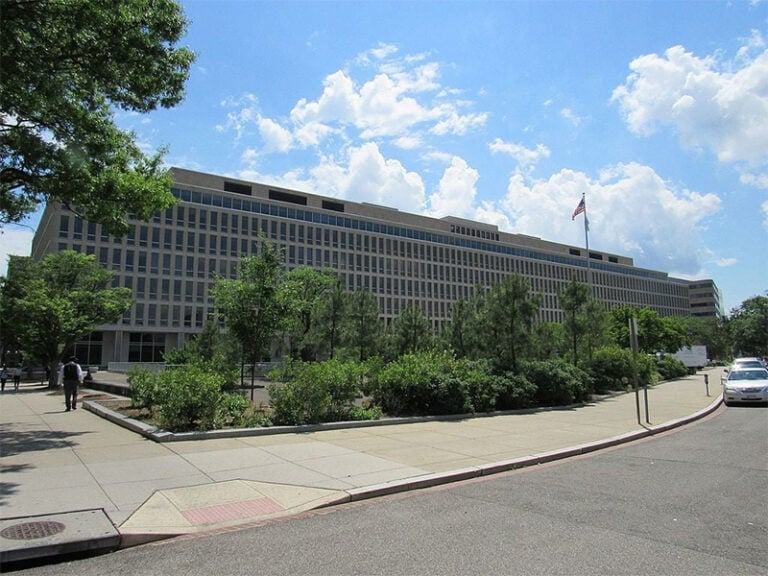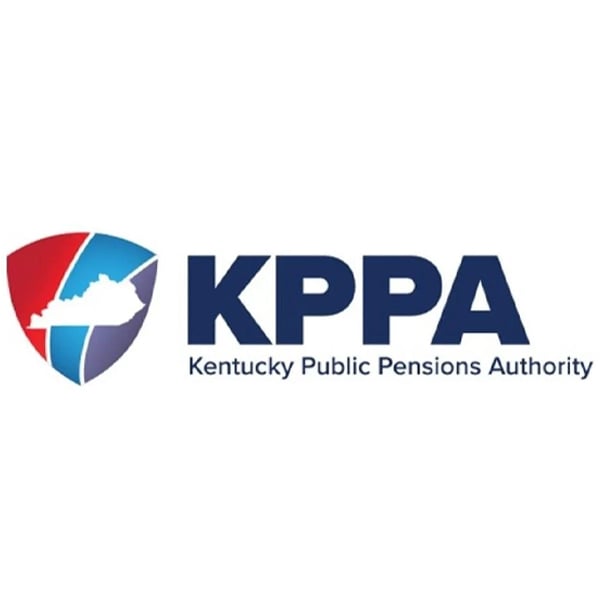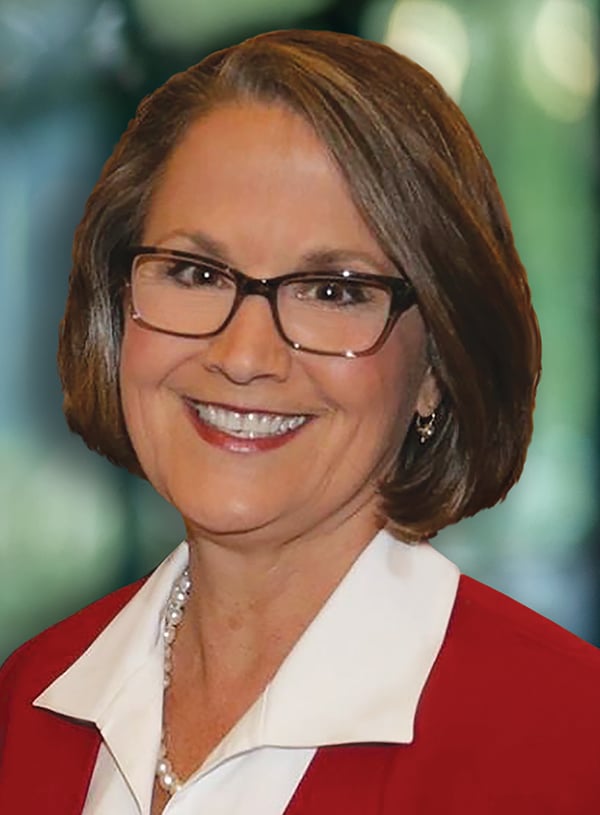Letters for families based on the book “It Can Be Done” @studentsleadusa
We write to comment on costs and calls for universal government funding and control of another segment of our economy, higher education. Unfortunately, college tuition costs seem to go higher and higher each year. The College Board reported in 2017 that public universities increased the cost of student tuition a whopping 213 percent in just twenty years.
People can still save money and go to college or get loans to go to college, but higher tuition costs have certainly made paying for college more difficult. Higher prices have led many people to ask government to “just fix it” by paying for all or most of every person’s college costs.
With the current system, most students can further their education. About two-thirds of college students receive loans or student aid. Because America has nearly 4,000 colleges and universities, most of which are state institutions, students do not typically need to venture far from home to further their education.

Living at home during college to save costs remains an option for most students, with tuition for many state universities at far less than $10,000 a year. Putting oneself through college via scholarships, loans, and part-time jobs can be challenging, but we know it’s doable. Because millions of American students do it every day, we can begin with that common ground.
But with older people getting the government to pay for part of their retirement and healthcare costs, shouldn’t young people get something? It sounds fair. Plus, having a country where more people receive higher education would be a good thing, right?
As explained in prior letters, there are two sides to the debate. Politicians who say government should fully fund college have said that only government colleges should be funded. This means public and private colleges could not compete against one another. Full cost college can’t beat free college.
Government would “own” the space of higher learning. As with other government funding, strings of control will attach, including what’s taught and how it’s taught. Freedom might not be very prominent in the curriculum.
“Free college” raises a host of other problems. It might mean “automatic college,” which is not necessarily a good thing because it could reduce our skilled trade workforce. Building, service, and advanced manufacturing trades provide some of our nation’s best, highest-paying jobs. Without skilled trade employees, our nation’s economy would grind to a halt.
If college is “free,” students also might not make responsible educational choices. A responsible choice for someone paying for college themselves would include a course of study to “get your money’s worth” and get a great job after graduation. Society benefits when people fill open, high-level jobs.
With the removal of pressure because of a personal financial investment, we can’t expect as many people to be economically responsible. Plus, the big step of having society pay for all tuition, like other government programs, will likely never go away even if it doesn’t work. Any politician who tries to do away with it will be accused of hating education and kids.
 Frost Brown Todd LLC Member Rob Hudson is a Past Chair of the Northern Kentucky Chamber and a business lawyer. 2018 Independent Author of the Year Lauren Hudson is a Singletary Scholar at the University of Kentucky. Their next letter will explore how communication can help unite America.
Frost Brown Todd LLC Member Rob Hudson is a Past Chair of the Northern Kentucky Chamber and a business lawyer. 2018 Independent Author of the Year Lauren Hudson is a Singletary Scholar at the University of Kentucky. Their next letter will explore how communication can help unite America.If it’s “on us” to pay for college, perhaps we, the people, will eventually pressure educational institutions to lower costs. We already see new colleges with lower costs being formed, some of which utilize rapidly developing teaching technology. But if “the government” pays for our college costs, we would be less likely to demand cost reductions. Costs to society would likely increase.
Ironically, government schools caused part of the higher education problem with their price increases, and now people have called for bigger government to solve the problem. Higher education is about 2.6% of our economy.
Government already takes up more than 30% of our economy. In addition, some people want government control of healthcare, 18% of our economy, together with energy, another 8% of our economy.
With the above-described government expansions, government would control most of our critical decisions in well over 50% of our economy. A sizeable percentage of Americans want these expansions. Unfortunately, none of them can answer questions about cost, who will pay, and how the expansions will affect society.
We’ve relied on free enterprise to deliver abundance and innovation. Perhaps we have taken healthy markets for granted. If government takes over more of our economy, at some point our shrinking private sector will be unable to deliver prosperity. All Americans have an interest in making sure that never happens.


















Hey, I read your article and your information about higher education it’s very amazing very helpful for me. keep it up, thank you very much:)